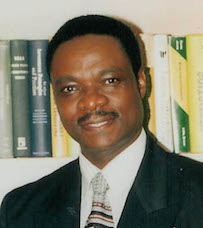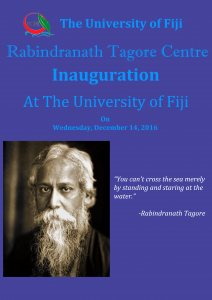UniFiji Exapnds MBBS Programme to Suva Campus
The University of Fiji, from this year, will be offering the MBBS programme in its Suva Campus as well.
The programme, which falls under the Umanand Prasad School of Medicine (UPSM), would be a 6-year long Bachelors programme.
Vice Chancellor Professor Prem Misir said that Fiji has a shortage of doctors and government is trying to fill the vacancies for 326 doctors.
“In order to meet the patients’ needs in the society across Fiji, the government is trying to create Locum Doctors because there is a shortage of doctors. Hence Suva campus becomes very beneficial, very fruitful and productive for Fiji as whole for its people and the government of Fiji in that we are trying to add our two cent’s worth to provide more doctors. By opening up the branch campus in Suva we will be registering about 105 medical school applicants every year to fill the vacuum,” he said.
UPSM Dean, Dr Abhijit Gogoi said that the response of the expansion has been favourable and both parents and students have accepted it with open arms.
“Right now we are enrolling students for the Saweni Campus (75) and we are also giving some extra offer letters. Once our enrolling is finished, we will give options to our students that those who want to shift to Suva, they can go to Suva and those who want to remain in Saweni can do so,” said Dr Gogoi.
He explained that there was some confusion among students relating to their graduation and clinical rotation during the final few years of their programme.
“Those students who move to Suva campus will be able to graduate from the Suva campus, they need not return to the Saweni campus even for their clinical rotation. The clinical rotation that starts from year 4, will be in the Colonial War Memorial Hospital (CWMH) and other peripheral division hospitals,” he said.
The University will be enrolling 25 students in MBBS programme in the Suva campus this year, but there are plans to increase this number in the coming years.
![]()


